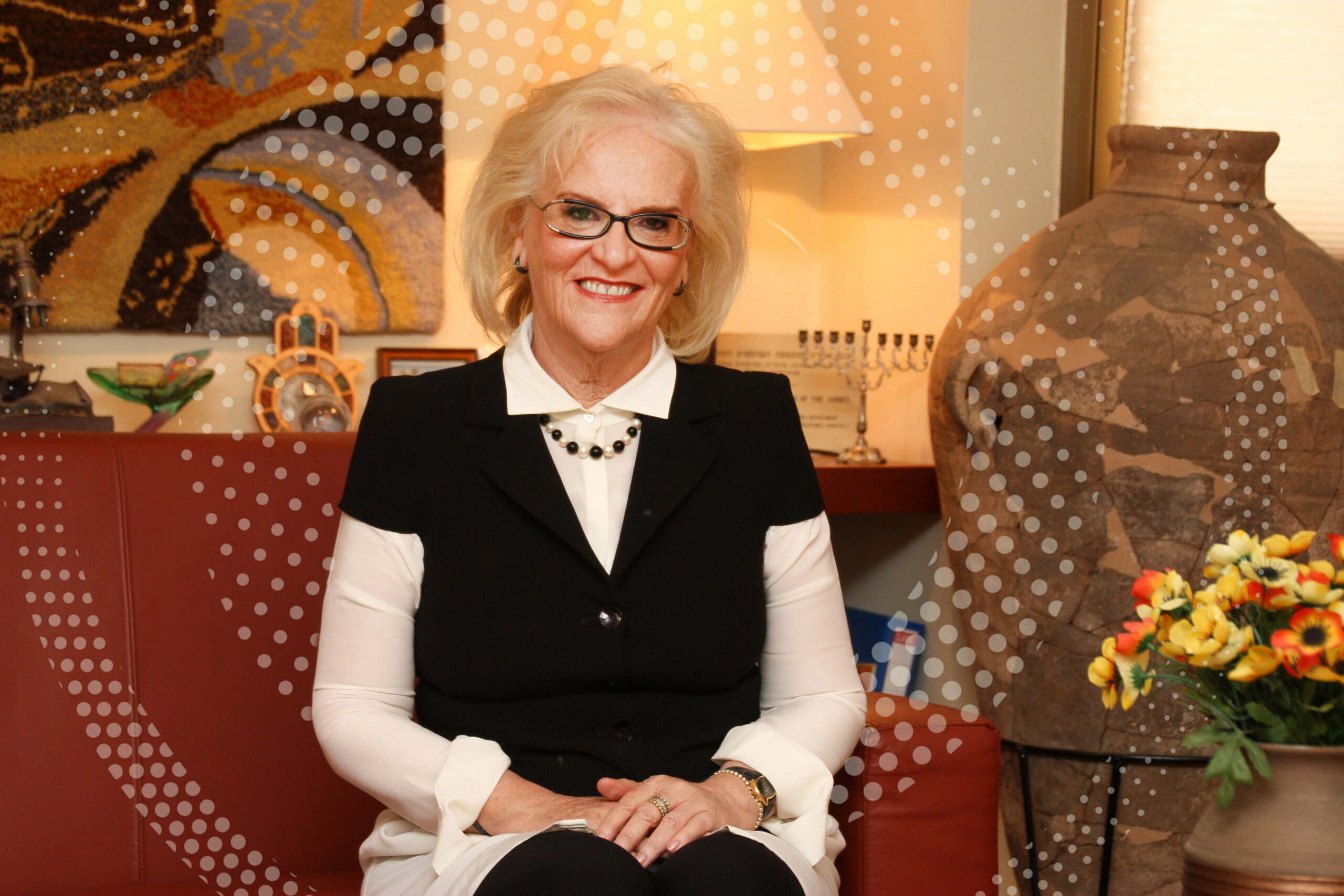Credit: Alon Korngreen

In Memoriam: Prof. Miriam Faust z”l
Celebrating a Life Well-Lived
Researcher, pioneer, and most of all, lifelong student: Prof. Miriam Faust z”l believed that religious women could forge new paths in science, academia, and Israeli society, so long as they never lost their passion for learning new things. Bar-Ilan celebrates an extraordinary life.
Being the Change
In one of her first acts after being appointed Bar-Ilan’s first female rector, renowned brain researcher Prof. Miriam Faust instituted new scholarships for female doctoral students, and a policy of maximum accommodation for young families’ needs. Explaining that in the past, young women had few prominent female scientists toward whom they could look as role models, she saw the academy’s lack of sensitivity to women’s multiple roles as part of the problem—and one she was determined to address. By allowing female scientists to meet the needs of their research and their families, she believed, “we give [all women] a feeling that it can be done.”
Faust passed away this past March at the age of 71.
An expert on language comprehension and the author of more than 100 papers published in international journals, Faust was 38 and herself the mother of four young children when she decided to pursue a PhD at Bar-Ilan. Conceding that “if it’s difficult for secular women to advance in the academy, it’s all the more so for religious women,” she nonetheless insisted that with the support of those who believe in you—in her case, a loving husband and her own mother, who took tremendous pride in her achievements—“you can have the confidence of knowing that your value as a person isn’t dependent on your career. That confidence, more than anything else, is a key part of what enables you to succeed.”

And succeed she did: Alongside her research, Faust served as the chair of the Department of Psychology, the rector’s advisor for the advancement of women—a position she herself created—as vice rector, and then, in before her retirement in 2020, as rector herself. She also played key roles in shaping the character of Israeli academia at large, through, for example, her role as a member of the National Council for Research and Development and the Israeli Center of Excellence in the Cognitive Sciences. Finally, she advised more than 70 graduate students over the course of her thirty-year career, fulfilling her promise to serve as a role model for young female scientists.
A passionate advocate of open-mindedness, curiosity, and fearless inquiry, Faust regularly expressed her belief that as a researcher for a university, she “had been privileged to work in the best job in the world,” a job that allowed her, she believed, “to give the world something new.” And over the course of her many fruitful decades in academia—in the lab, in the classroom, and at the helm of the administration—that is precisely what she did.